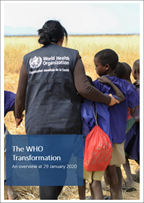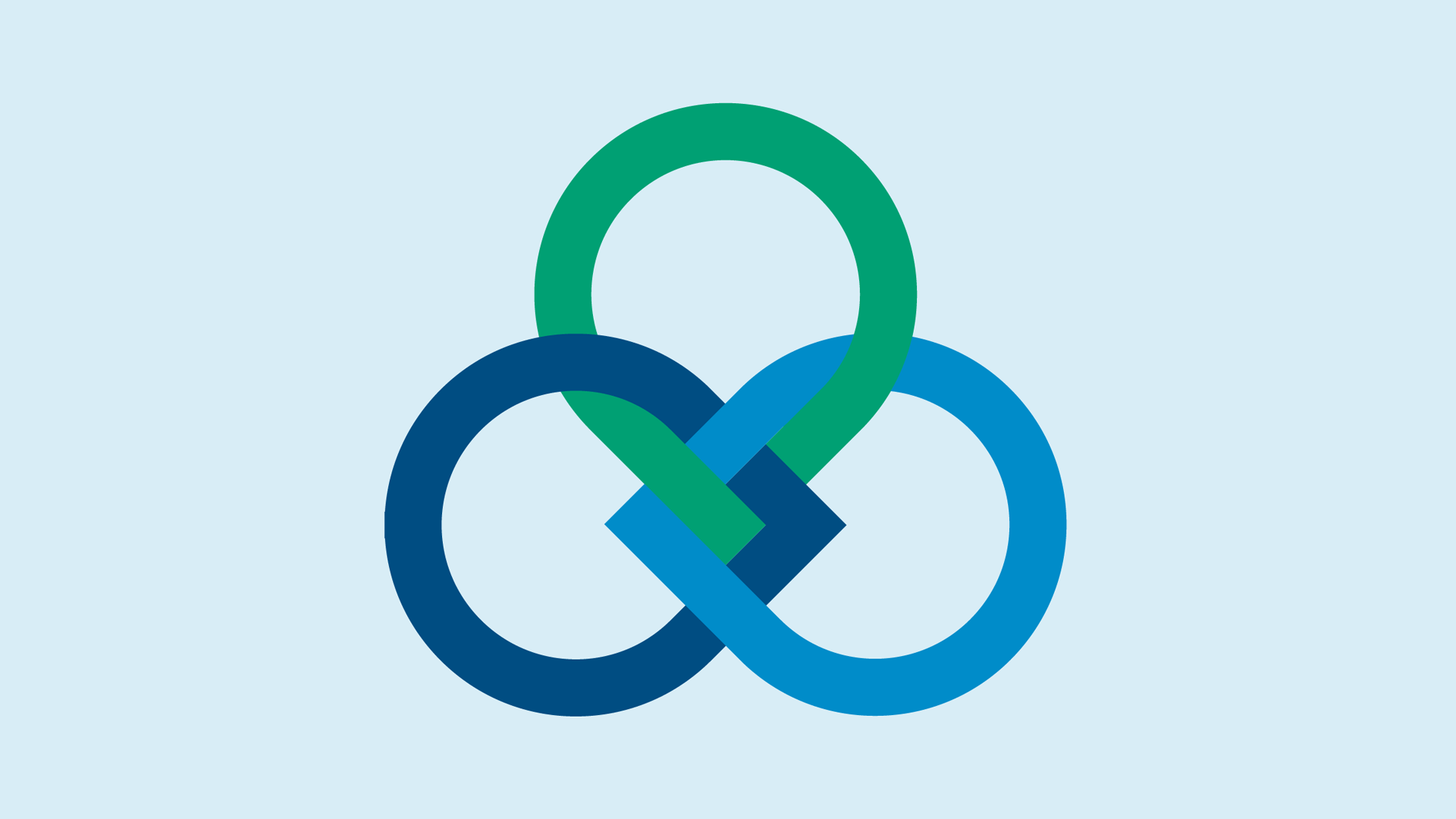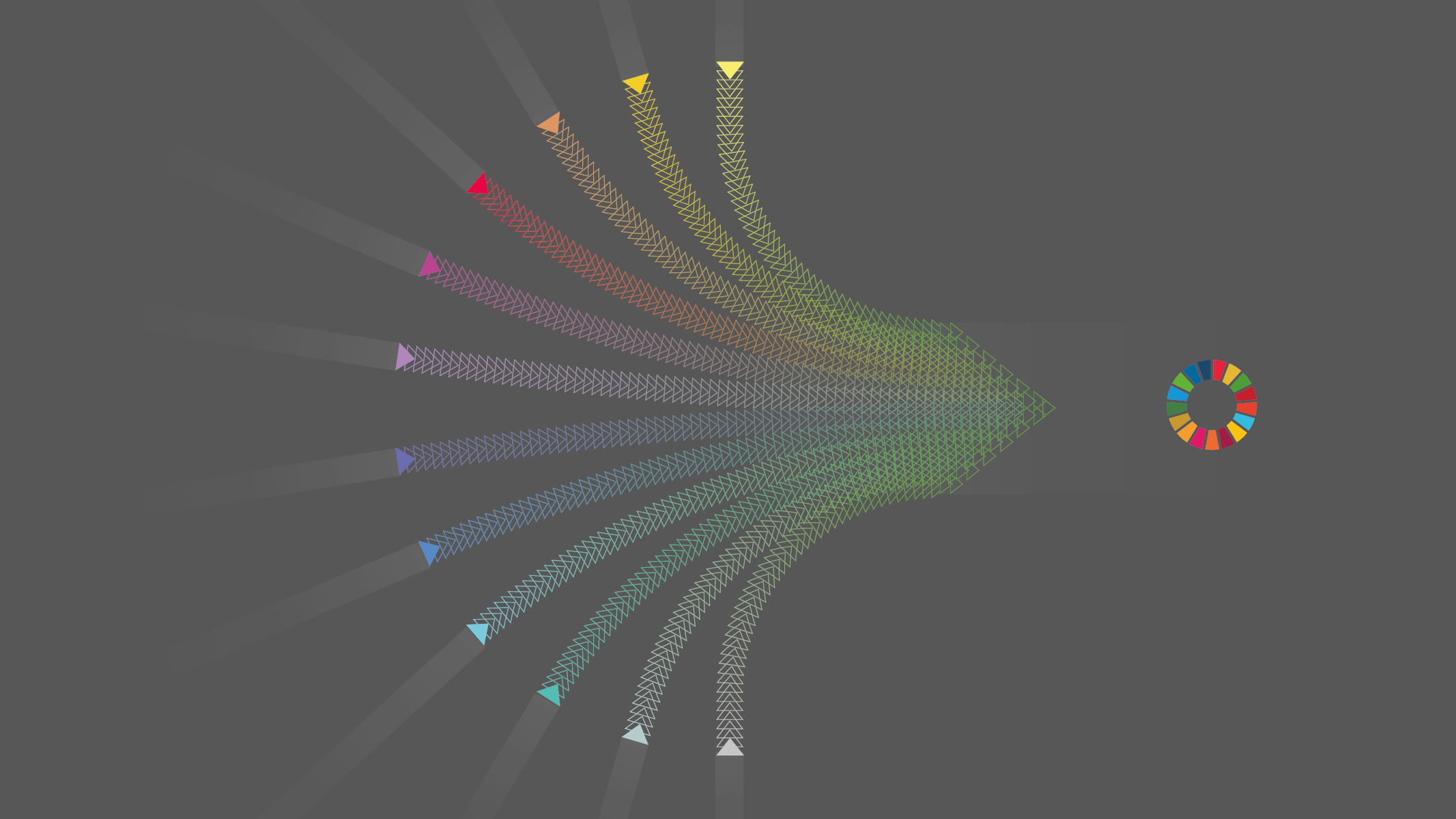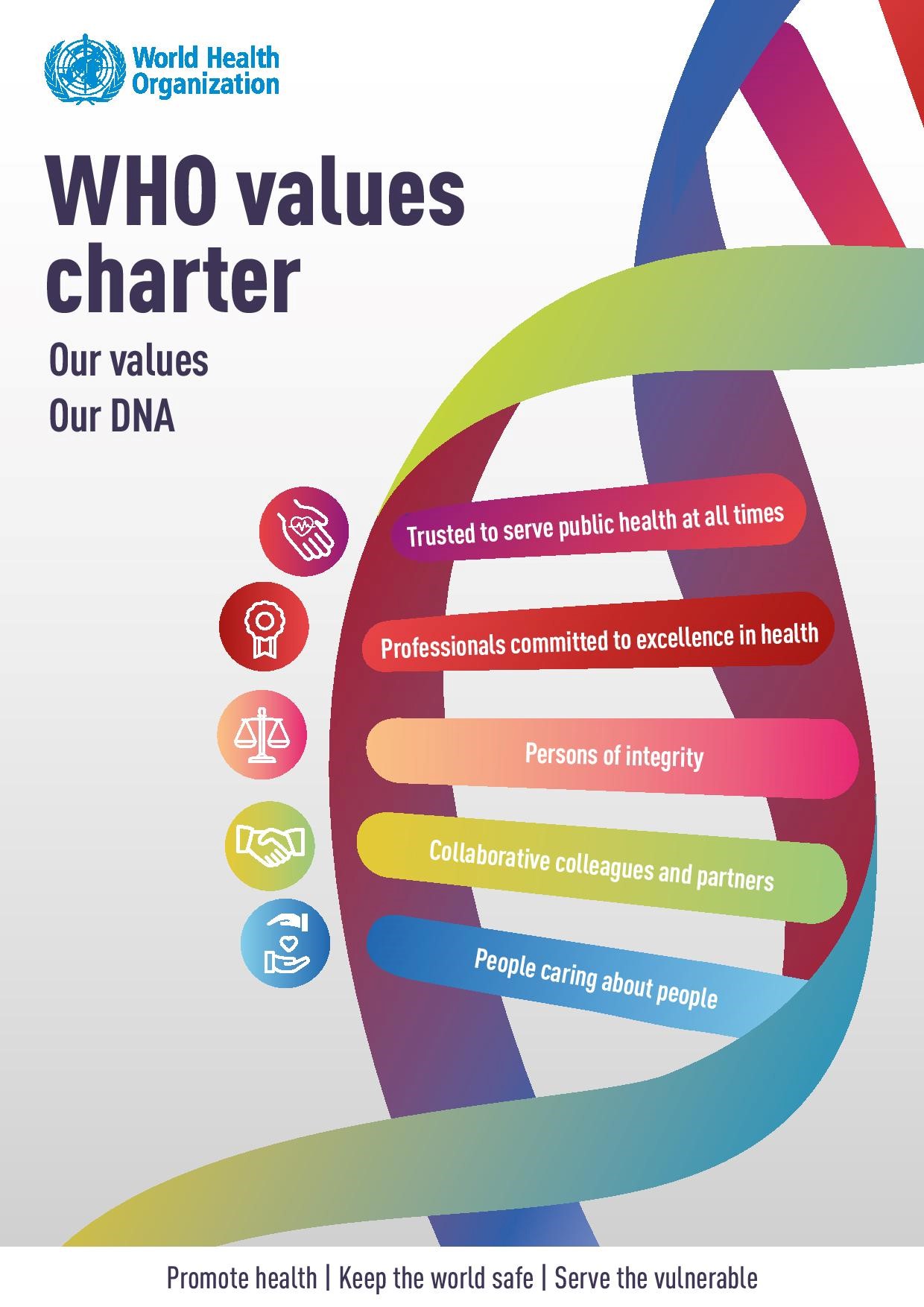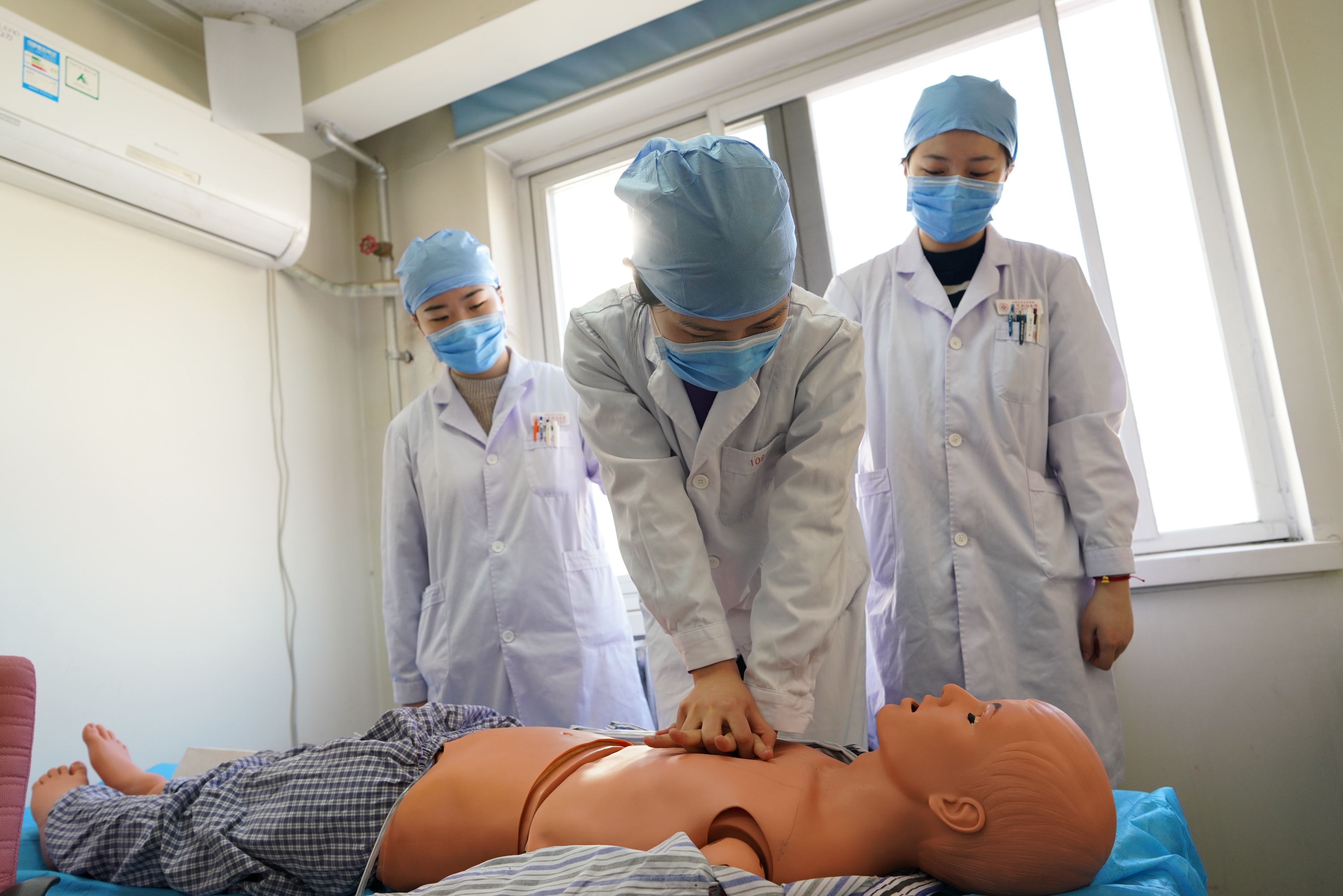WHO’s Transformation Agenda, launched in July 2017, is the most ambitious and comprehensive organizational change agenda in the Organization’s history. From the outset, underpinned by the Thirteenth General Programme of Work (GPW 13), the transformation effort aimed to align all three levels of the organization to deliver on the ambitious strategic goals of improving the health and well-being of all people everywhere.
Since the adoption of the Sustainable Development Goals in 2015 the world has changed – and will continue to change – in fundamental ways that have profound implications for human health and well-being in every country and community, and particularly for the poorest and most vulnerable. WHO must continue to adapt and evolve to meet these changes and to better deliver measurable impact at the country level.
With the central role of WHO in the COVID-19 pandemic, systems put in place as part of the Transformation Agenda were tested under great pressure, and a new level of understanding was achieved globally, from political leaders and the public, about the centrality of health and well-being to social and economic development.
The Fourteenth General Programme of Work (GPW 14), covering the period 2025-2028, takes into account lessons learned from the COVID-19 pandemic and evaluation of the GPW 13. It will carry forward the three strategic shifts of stepping up WHO’s health leadership, delivering global public goods for health and differentiated country support to drive public health impact in every country.
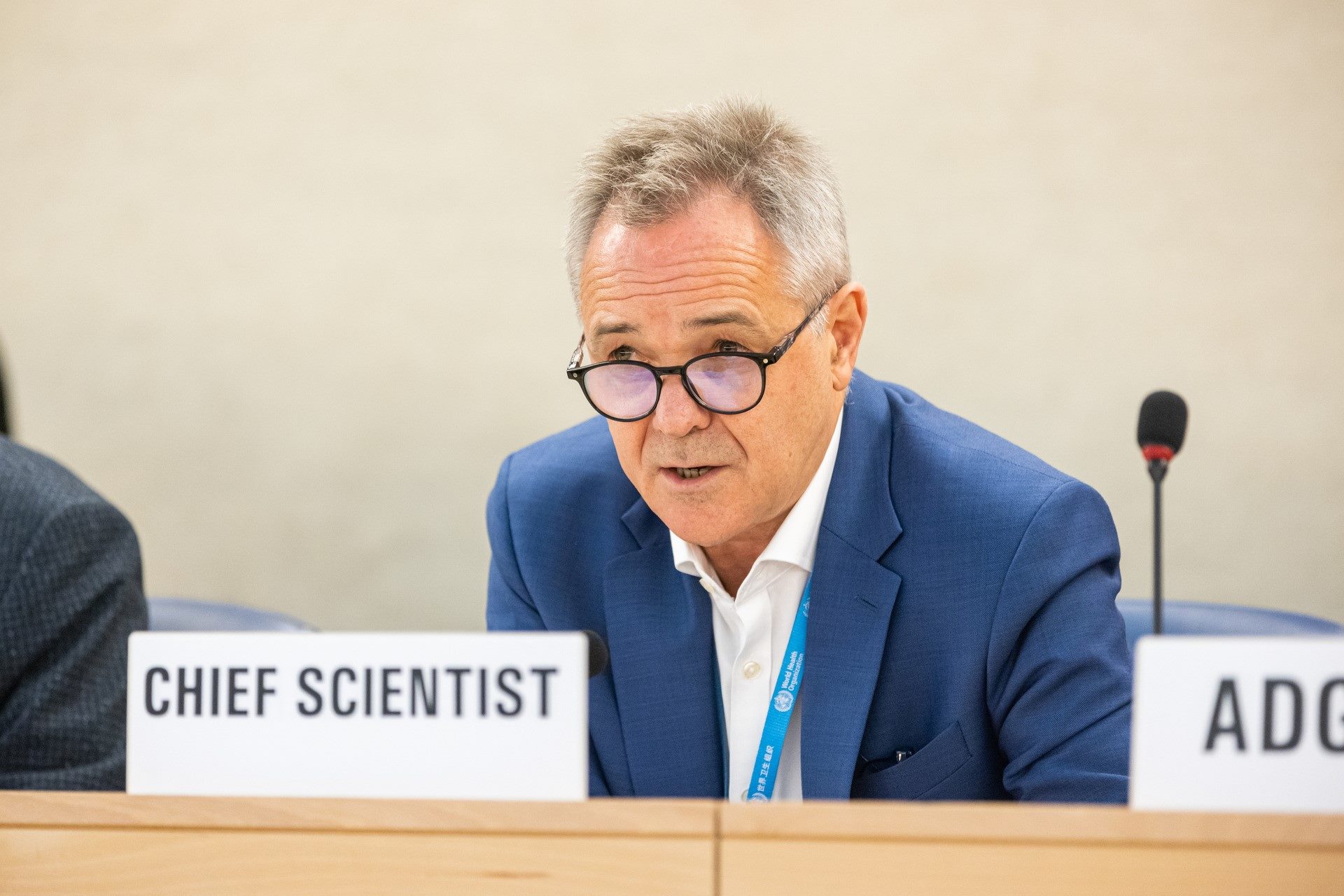


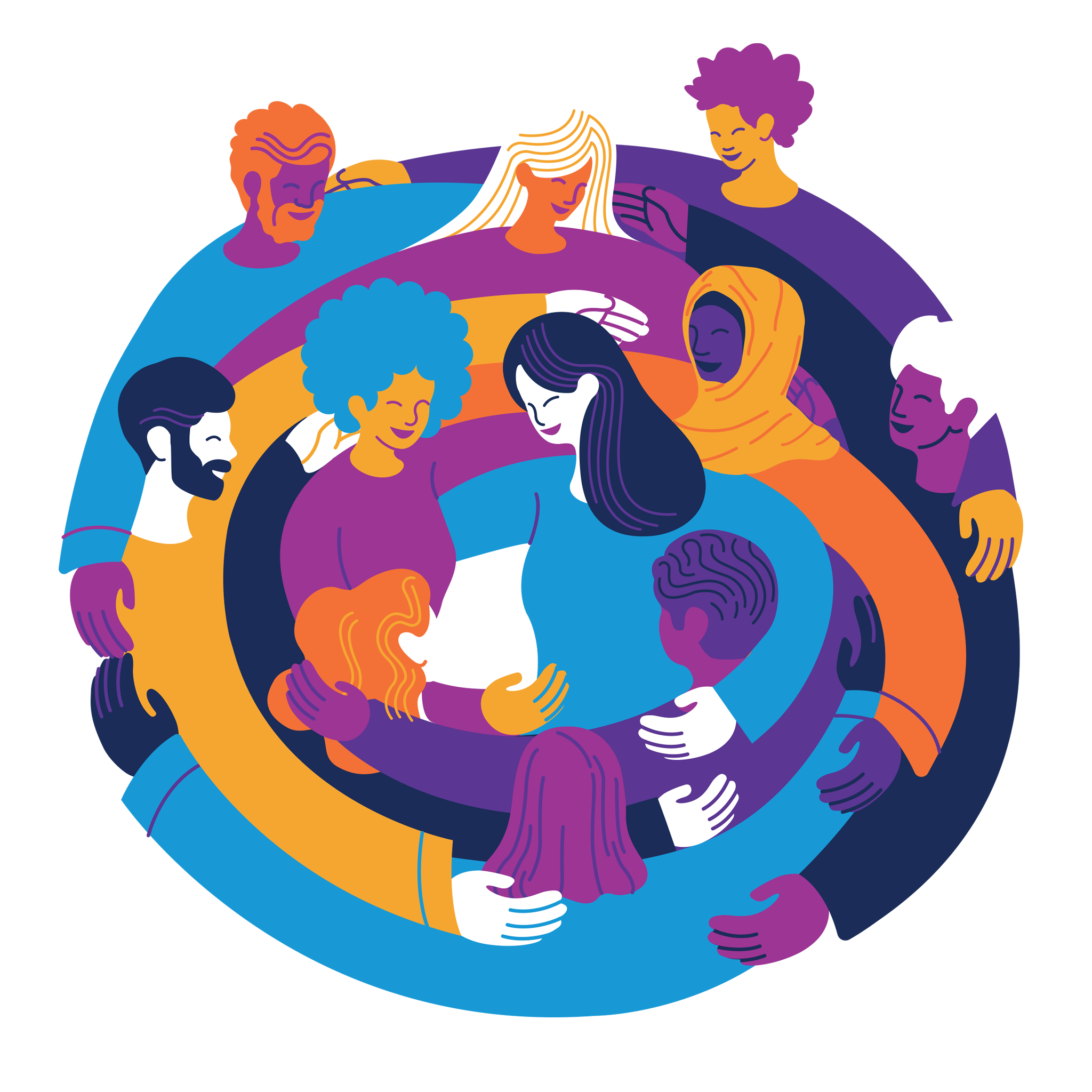

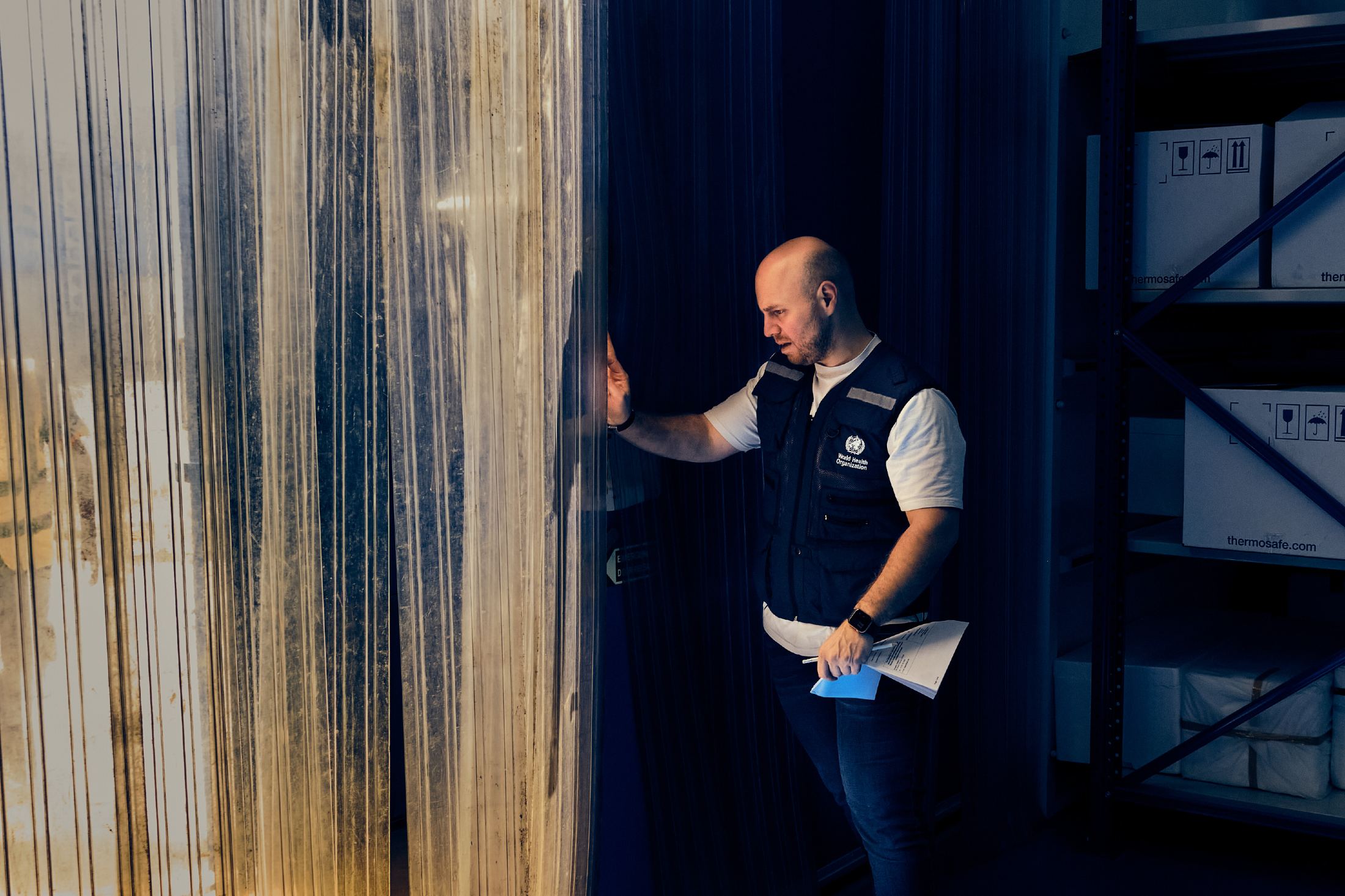


/transformation-implementation-and-change-(tic)/2024-06-01_wha-77__a.tardy_5041.jpg?sfvrsn=8eae85c4_3)
/transformation-implementation-and-change-(tic)/who-academy_greece_mass-casualty-management_003.jpg?sfvrsn=b034df7_4)
/transformation-implementation-and-change-(tic)/20240129_who_global_wrs_induction-_46.jpg?sfvrsn=cea20746_3)

